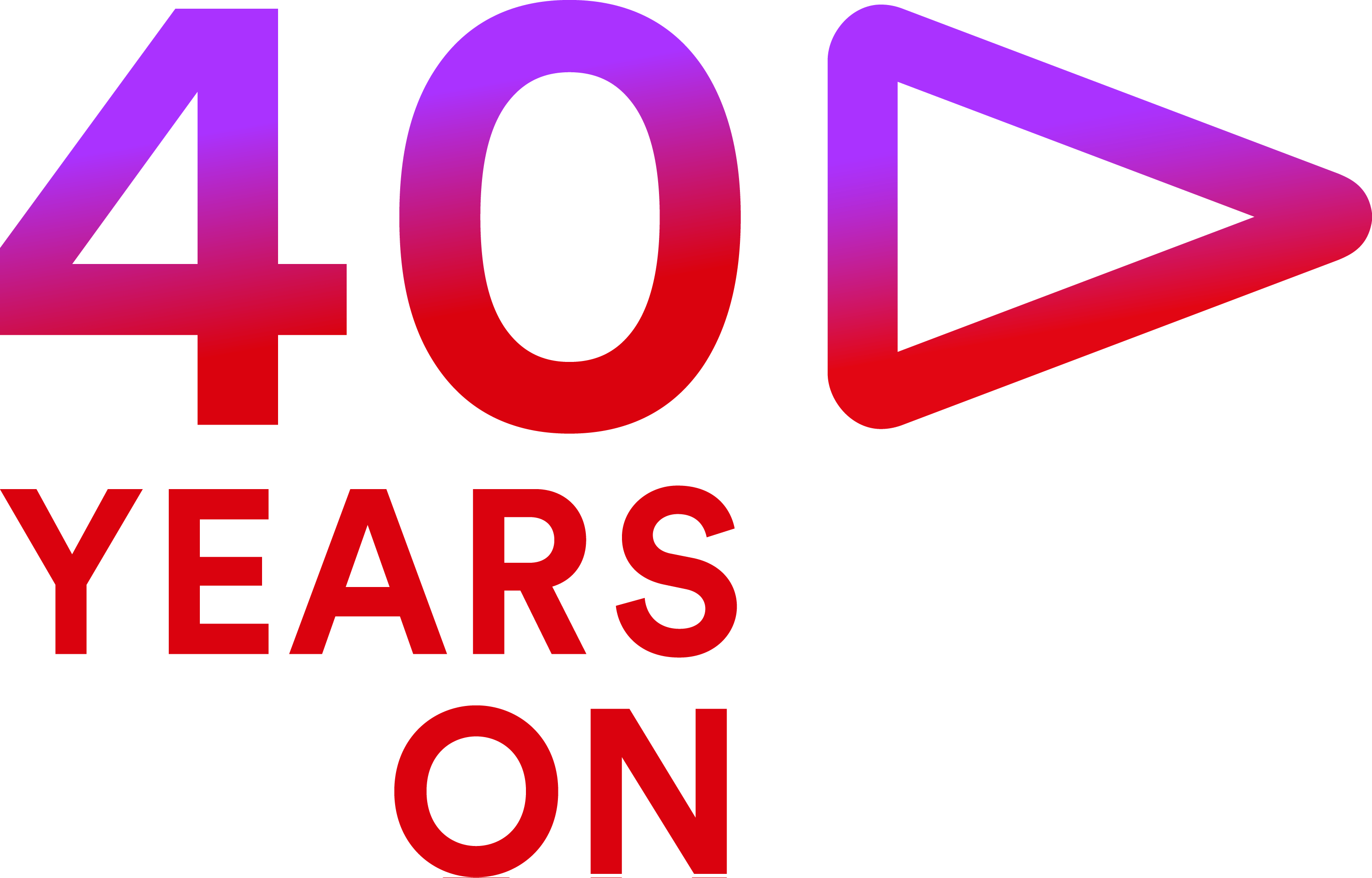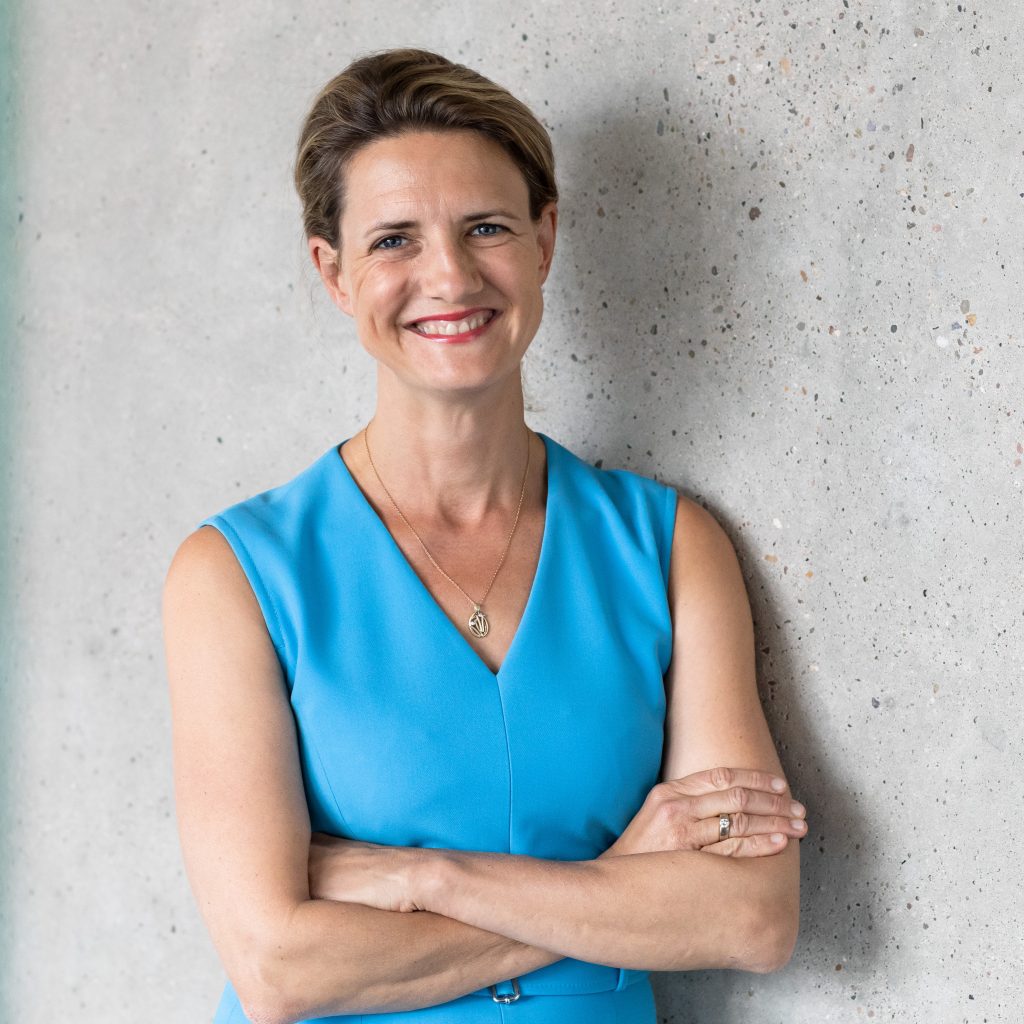03/15/2024 - The European Commission has consulted stakeholders on competition issues relating to virtual worlds and generative AI. VAUNET took part in the process.
Generative AI is at the forefront of technological innovation, ushering in a new era in digital content creation that could revolutionize the way consumers and businesses interact with digital media. This technology serves as a catalyst for creativity and innovation, particularly in the private audiovisual sector, creative industries and rights holders. However, a key challenge is to create a pro-competitive environment that complies with the principles and legal standards to ensure fair competition in the European single market and to protect our cultural and creative heritage. VAUNET refers to this in its feedback to the EU Commission’s „Call for Contributions„.
The generation of new content through generative AI raises important questions regarding copyright and intellectual property. Access to relevant training data and its commercial use are crucial for economic participation in the technology. The use of content and data for the training of AI models without due consideration of copyright and without remuneration constitutes a significant exploitation of these rights. It is therefore essential that training with such content is subject to the consent of the rights holders.
VAUNET’s contribution to the Commission highlights specific challenges that generative AI poses for the audiovisual sector and advocates regulatory and policy frameworks that promote innovation while protecting the integrity of competition. A key requirement is that access to AI technologies must be equitable, the rights of content providers and rights holders must be protected and an environment must be created in which the audiovisual industry can reap the benefits of generative AI.
Generative AI systems consist of several important components, including data, computing power and infrastructure, for which innovation-friendly regulation is important, but which ensures the necessary framework conditions along the so-called AI stack to maintain media diversity. The main barriers to market entry and expansion, such as economies of scale, access restrictions to data, the scarcity and high cost of computing resources and dependence on third-party providers, must be addressed.
In VAUNET’s view, the efficient enforcement of European and national antitrust law and the DMA with regard to BigTech and close coordination between the antitrust authorities is also crucial for the participation of private media in the achievements of AI technology.


